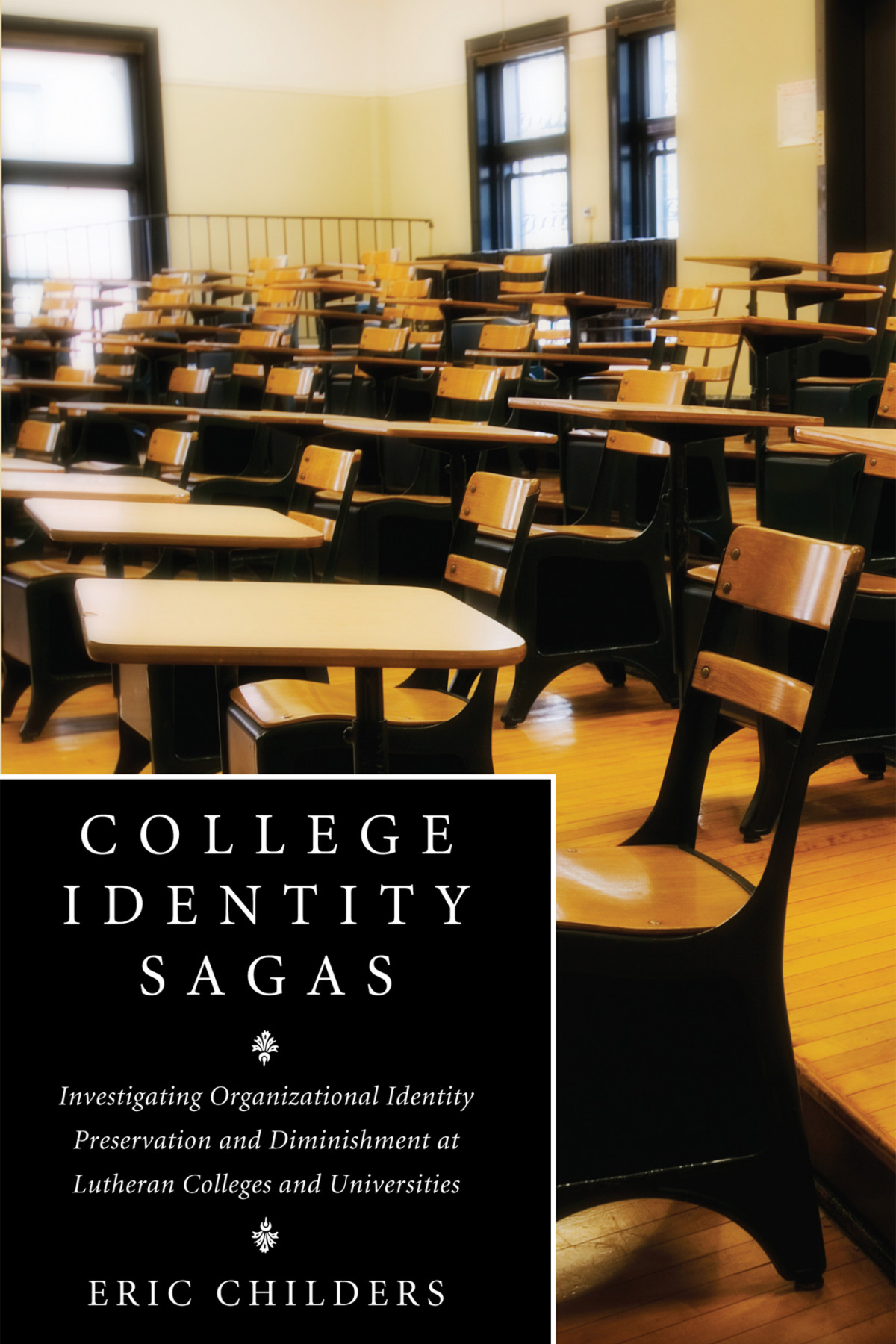

Most ebook files are in PDF format, so you can easily read them using various software such as Foxit Reader or directly on the Google Chrome browser.
Some ebook files are released by publishers in other formats such as .awz, .mobi, .epub, .fb2, etc. You may need to install specific software to read these formats on mobile/PC, such as Calibre.
Please read the tutorial at this link: https://ebookbell.com/faq
We offer FREE conversion to the popular formats you request; however, this may take some time. Therefore, right after payment, please email us, and we will try to provide the service as quickly as possible.
For some exceptional file formats or broken links (if any), please refrain from opening any disputes. Instead, email us first, and we will try to assist within a maximum of 6 hours.
EbookBell Team

0.0
0 reviewsIn an increasingly homogeneous higher education landscape where colleges and universities appear more similar than distinctive, does organizational identity still matter? In particular, church-related higher education has experienced seismic shifts since the mid-1960s. The purpose of this study was to investigate three colleges and universities of the Evangelical Lutheran Church in America (ELCA), relying primarily on key interviews and institutional documents to construct a 45-year narrative timeline of how each institution treated its organizational Lutheran identity.
Three questions guided this study: (1) are colleges and universities of the ELCA preserving or diminishing their Lutheran identities? (2) Do the status drivers of secularization, financial viability, and faculty professionalization affect Lutheran institutional identity at these colleges and universities? (3) If the colleges and universities described in my case studies are seeking to preserve their Lutheran identities, why and how are they planning this preservation?
Using critical events theory to construct narrative histories, or sagas, of three colleges and universities of the ELCA, the study engages organizational literature and institutional theory to investigate the effects, if any, of isomorphism on organizational Lutheran identity. The results suggest that isomorphic status drivers do indeed play a significant role in organizational identity and that preservation and diminishment of a college's religious identity is closely related to mission and leadership. In addition to contributing to the understanding of Lutheran college identity, the results of this study can be used to inform college administrators' decision-making at other mission-specific schools, including military academies, single-sex colleges, denominational seminaries, and historically Black colleges and universities.